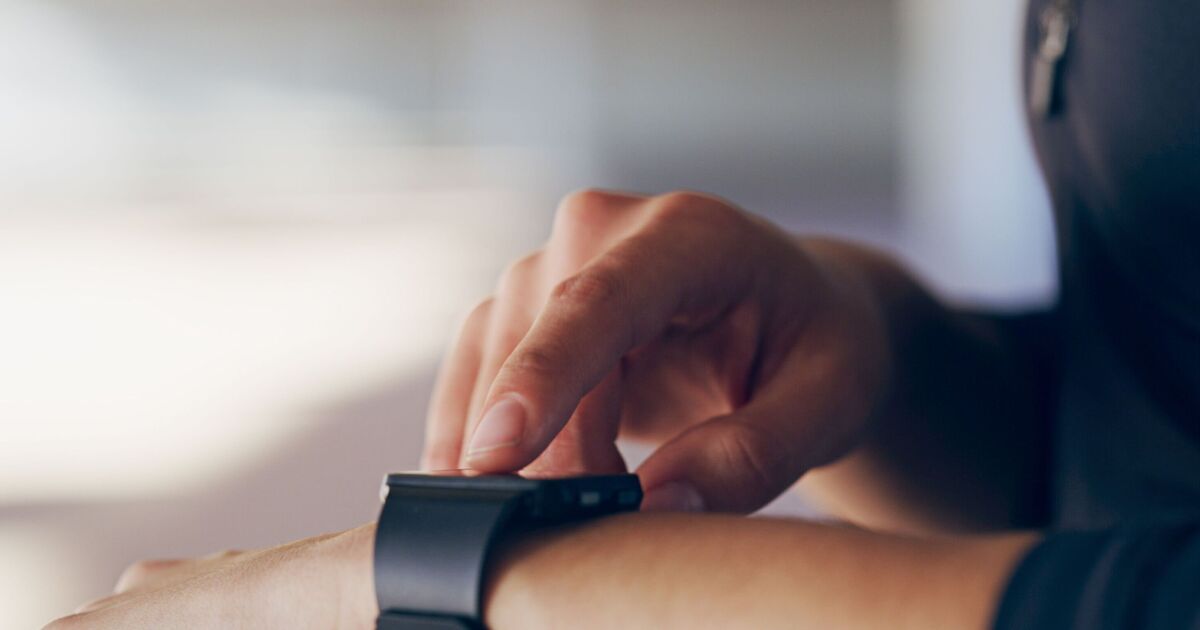More than half of Brits say their smart watch makes them feel more stressed about their health, a new study reveals.
The devices allow for people with high blood pressure to monitor their levels. People with Type 2 diabetes can also use smart watches to manage their blood sugar levels as an alert will be sent to their phones in the case of a spike.
Other features include tracking your number of steps, calories burned, fitness levels and sleep patterns.
However, a new survey shows that continual monitoring is making users more anxious. Market research company Mintel has issued a report warning that a decrease in quality of life may be present in those who keep constant track of their health via the device.
Smart watches are most popular among women ages 25-44, with an estimated quarter of the population owning one.
Joe Birch, a senior technology and leisure analyst at Mintel, said: “The real-time monitoring of health indicators can inadvertently increase health anxiety rather than providing peace of mind.
“This has led to suggestions for smartwatch brands to offer features that allow users to opt out of continual alerts or provide a basic functionality mode that tracks health intermittently.
“While these devices offer valuable health insights, the continuous flow of data can overwhelm users, leading to stress and anxiety.”
Mintel has urged brands who make smart watches such as Apple to encourage “digital detoxes” where users put down their technology for a period of time.
The report surveyed over 2,000 smart watch owners which shows women aged over 55 are most likely to be affected by stress caused by their health.
Cecilia Mascolo, a professor of mobile systems at the University of Cambridge, says that while smart watches are useful tools, the notification element of users’ health needs to be changed.
Prof Mascolo told The Telegraph: “The fact that we don’t yet understand how much this information can be helpful to a person is simply because we are just seeing the tip of the iceberg of what we can do with this sensing data.
“We might not have gotten it completely right but I am absolutely positive that this is a step forward.
“I feel strongly that these are useful technologies, the combination of this technology and perhaps the health psychology aspect of trying to deliver the information a certain way. We haven’t gotten it right, possibly, yet but we will get there.”












